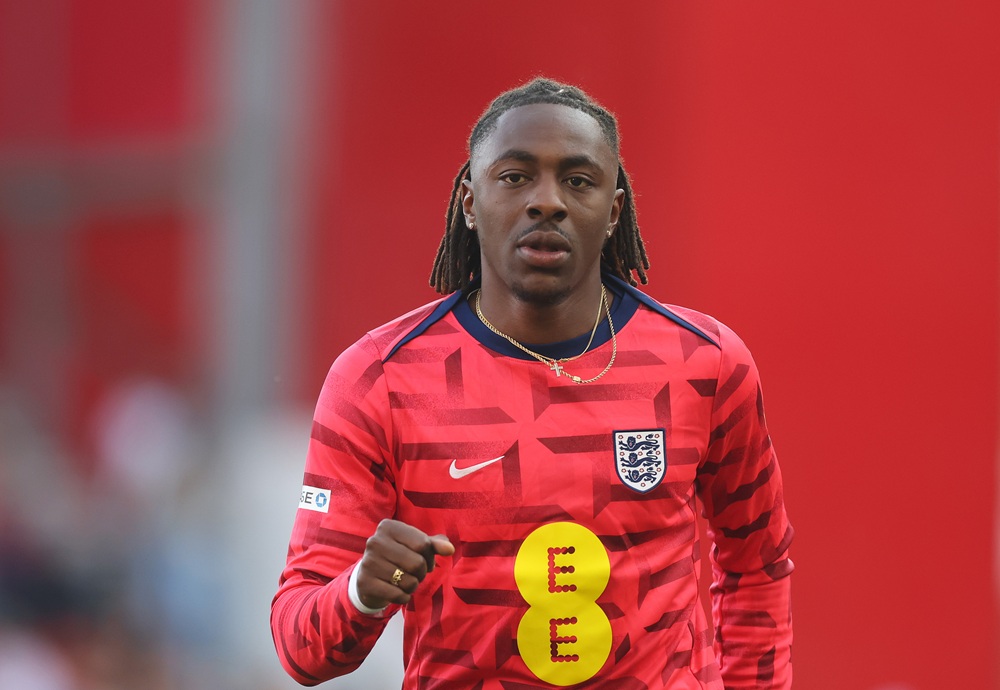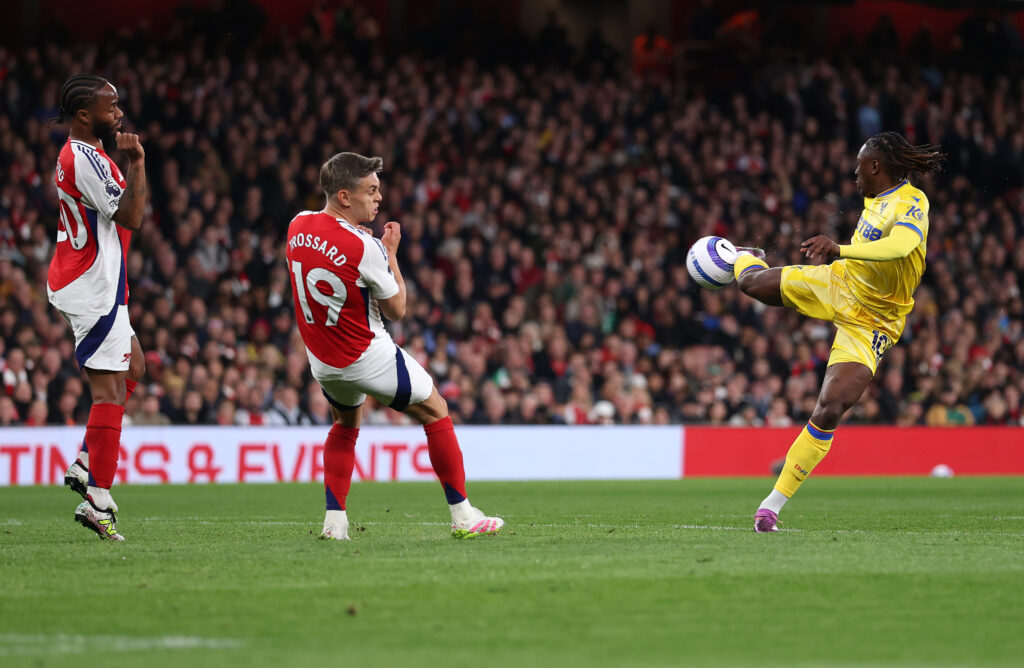Tottenham thought they had their man, but a carefully executed plan and perfect timing saw Arsenal step in to snatch Eberechi Eze from under their noses.

The headlines have been about a dramatic late hijack, but the truth of Arsenal’s move for Eberechi Eze is that the club had already positioned themselves well before Tottenham Hotspur believed they were close to sealing the deal.
What looked like a last-minute ambush was in fact the culmination of weeks of careful planning, timed to exploit Spurs’ hesitation and to capitalise on Arsenal’s own sudden need.
Arsenal struck the broad outline of an agreement with Crystal Palace as early as Sunday 10 August, keeping it deliberately quiet while Spurs continued their public, laboured negotiations.
Daniel Levy’s talks with Steve Parish stalled repeatedly over add-ons and the structure of payments. Tottenham were convinced they were edging towards agreement, but Palace, well aware Arsenal were circling, let the discussions drag on.

With Kai Havertz’s injury looking like it will leave a hole in Mikel Arteta’s squad, Arsenal pressed the button.
On Wednesday 20 August, having already laid the groundwork, they accelerated their pursuit and activated the deal.
The offer was decisive: £60 million plus £7.5 million in add-ons, a package that not only matched Eze’s release clause but surpassed what Tottenham were willing to commit.
Eze’s preference mattered too.

While open to a move to Tottenham, he had grown up an Arsenal supporter, leaving the Academy in tears when he was released in 2011 as a teenager, and the chance to play for the club of his childhood tipped the balance once Arsenal’s intent became clear.
Spurs’ confidence evaporated overnight.
Relationships also played their part. Arsenal’s executive Tim Lewis has a long-standing professional rapport with Parish, and the Gunners were willing to sweeten the deal further by offering players Palace admired, such as Jakub Kiwior, either on loan or permanently.
Tottenham, by contrast, were left hamstrung by the rigid structure of Levy’s approach.

In the end, Tottenham were outmanoeuvred once again.
They had the time, they had the talks, and they thought they had the player, but Arsenal had already secured the key pieces in advance.
What unfolded was less a smash-and-grab but a demonstration of patience, leverage, and timing.
